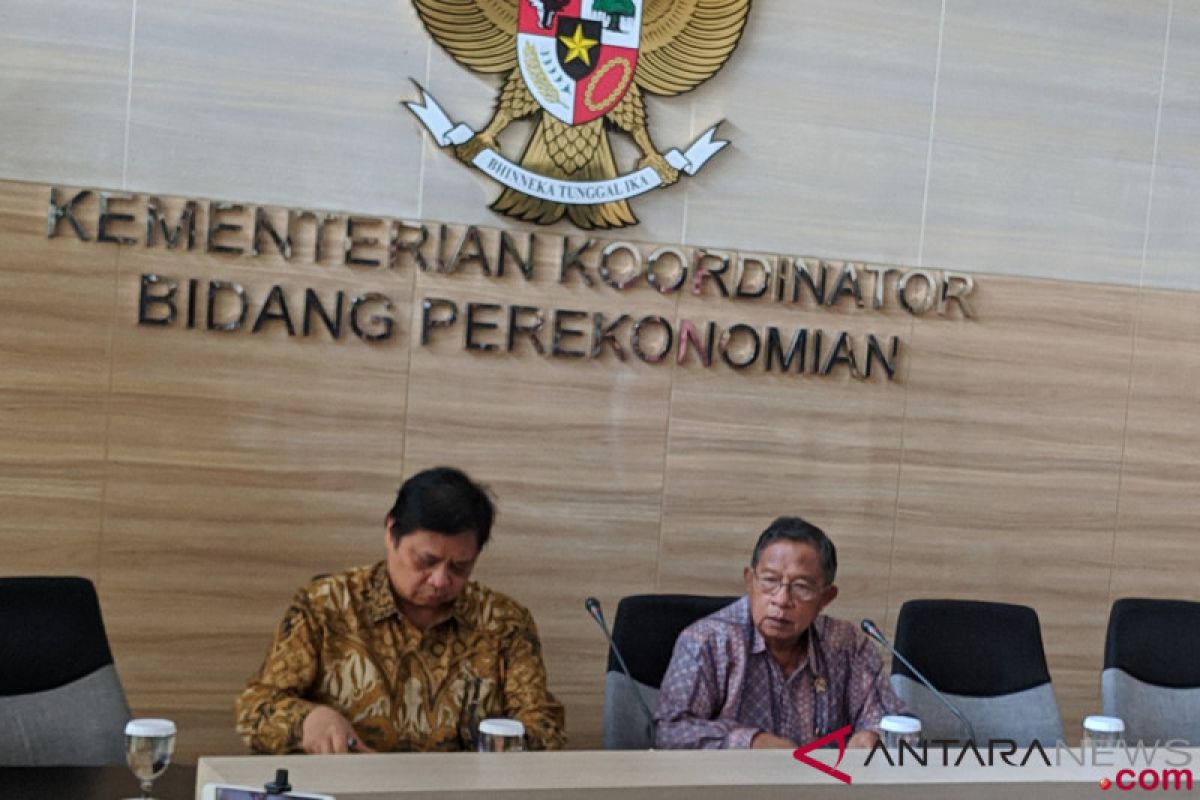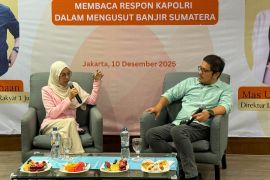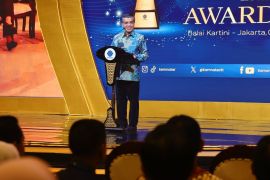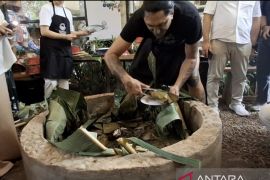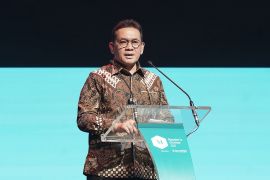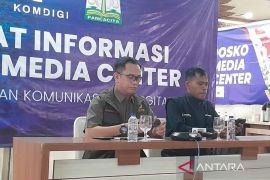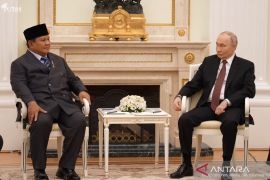"The DNI should reflect the balance between the aim of economic development and national interests. Hence, the DNI should be dynamic, always follow national economic developments, and consider the condition of businesses," Hartarto noted here on Monday.
The government recently announced its relaxation policy of the DNI, revising Presidential Regulation (Perpres) No. 44 of 2016 as part of the 16th economic policy package.
The relaxation of the DNI is intended to boost domestic and foreign investment. Thus, the policy is more promotional in nature.
"Besides that, the 16th economic policy package is also expected to enhance opportunities for partnership with micro-, small-, and medium-scale businesses (UMKM) and cooperatives, so that the (UMKM) business scale would become larger," he explained.
In the manufacturing industry, several business fields are opened to investment: knitting industry, crumb rubber industry, coconut cake industry, soybean source industry, milk processing, sweetened condensed milk, wood-based product, essential oil industry, and the nail, nut and bolt industry.
The minister said relaxation in this business sector was proposed on the basis of a solid reason. For instance, crumb rubber was eliminated from the DNI since during the 2012-2016 period, the number of businesses operating in that sector only increased by one unit, from 201 to 202 units.
"Hence, relaxation of the DNI is open to domestic and foreign investment. There is a special provision for UMKM and a provision that restricts foreign investment," he noted.
The minister explained that the sector is open, as there was no significant investment over the past three years.
Hartarto said, in relaxing this DNI, there was no obligation for the industry to cooperate with other companies in the same field.
"Hence, we release this. We then gave some new ones to MSMEs, including the seaweed industry," he noted.
"The seaweed industry is entirely domestic, except for downstream carrageenan," he explained.
According to the minister, UMKM schemes and partnerships can be in the form of contracts, raw material supply, plasma core activities, and other partnership patterns.
"However, it is not binding. This form of partnership exists. In agriculture, for instance, ownership is carried out in a certain amount," he stated.
Reporting by Sella Panduarsa Gareta
Editing by Andi Abdussalam, Otniel Tamindael
Reporter: antara
Editor: Heru Purwanto
Copyright © ANTARA 2018
